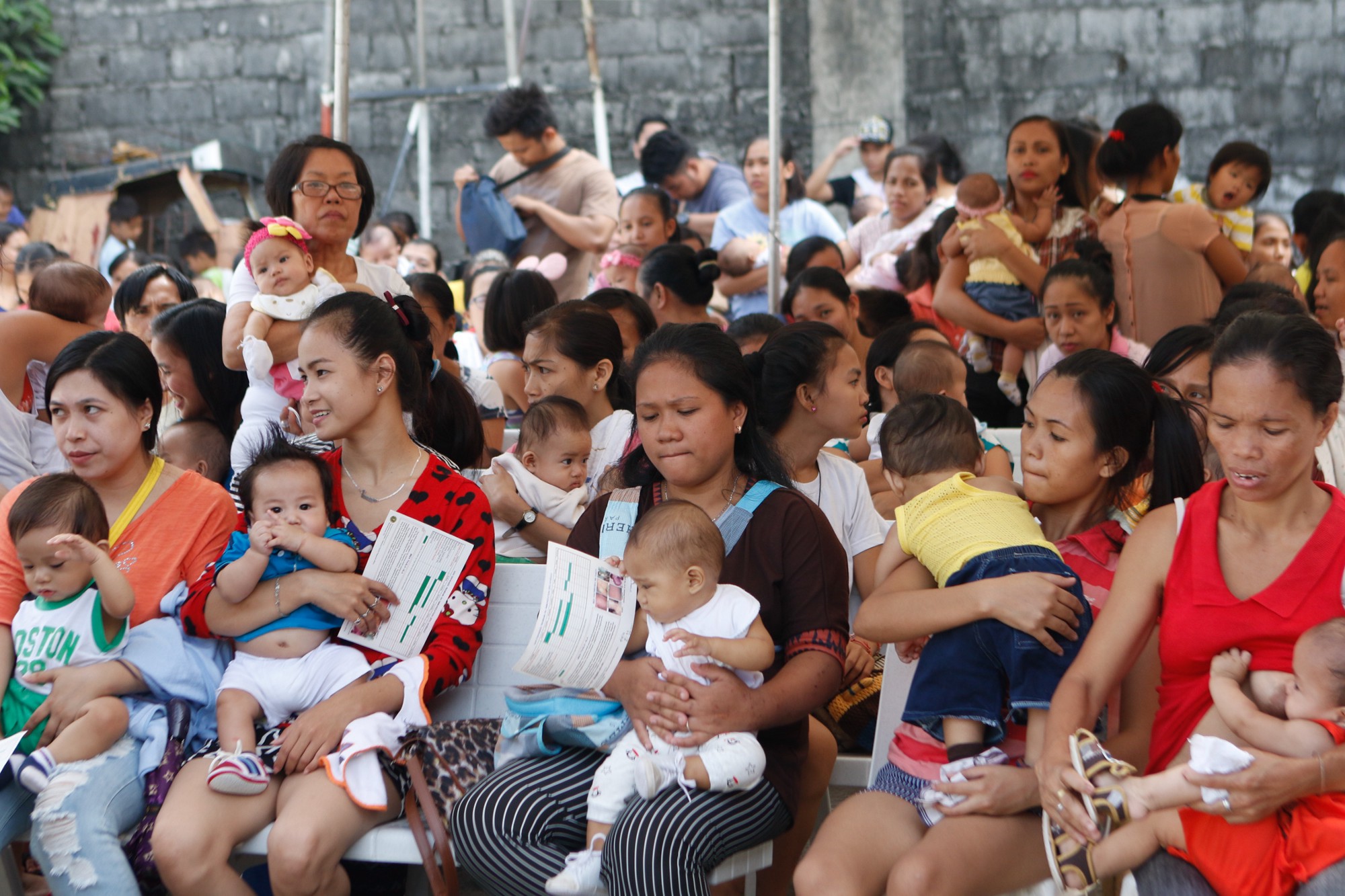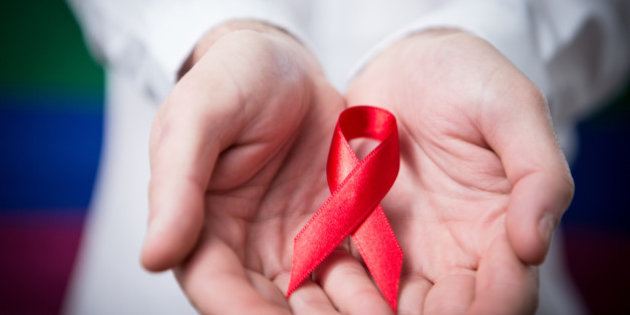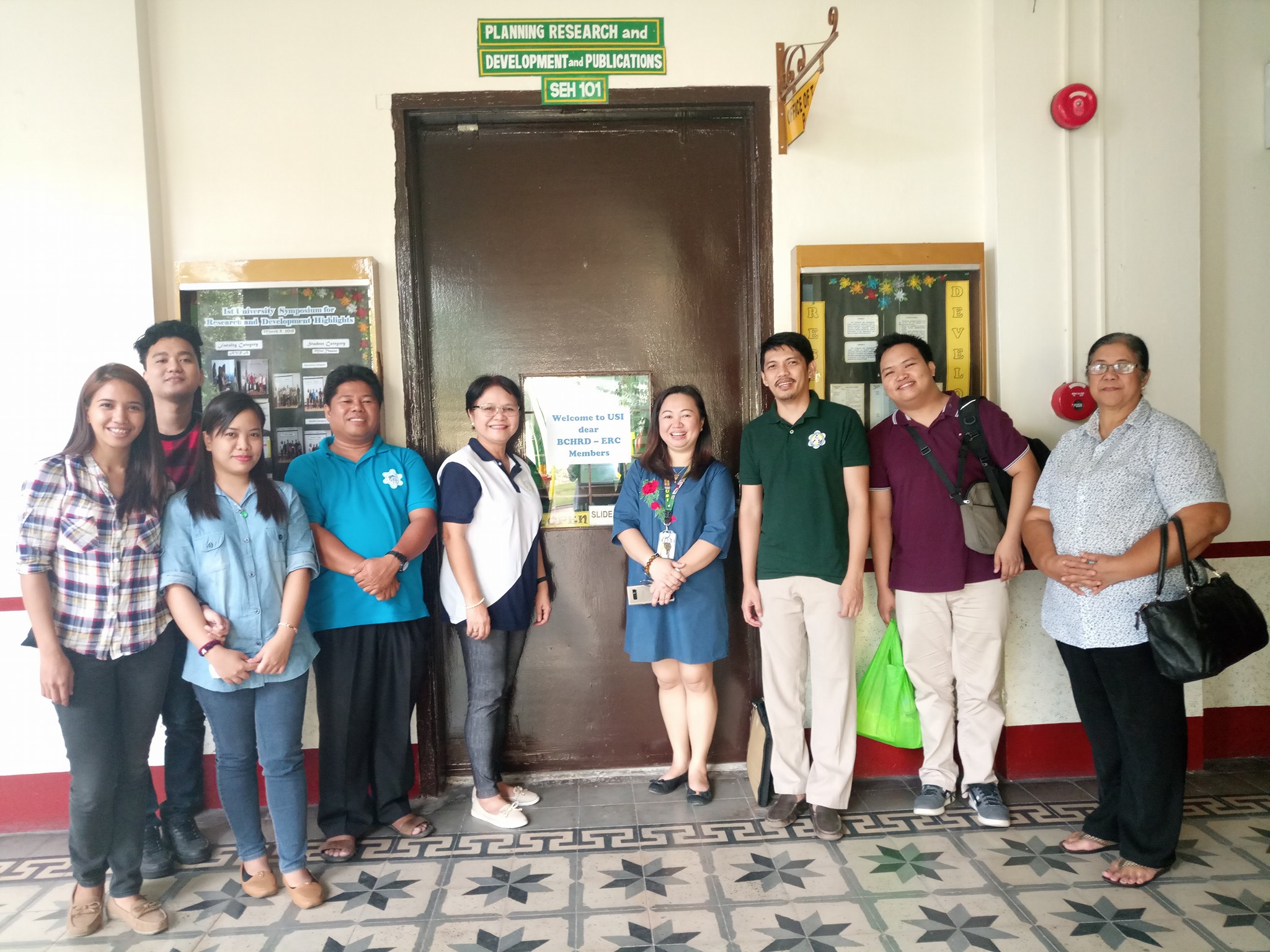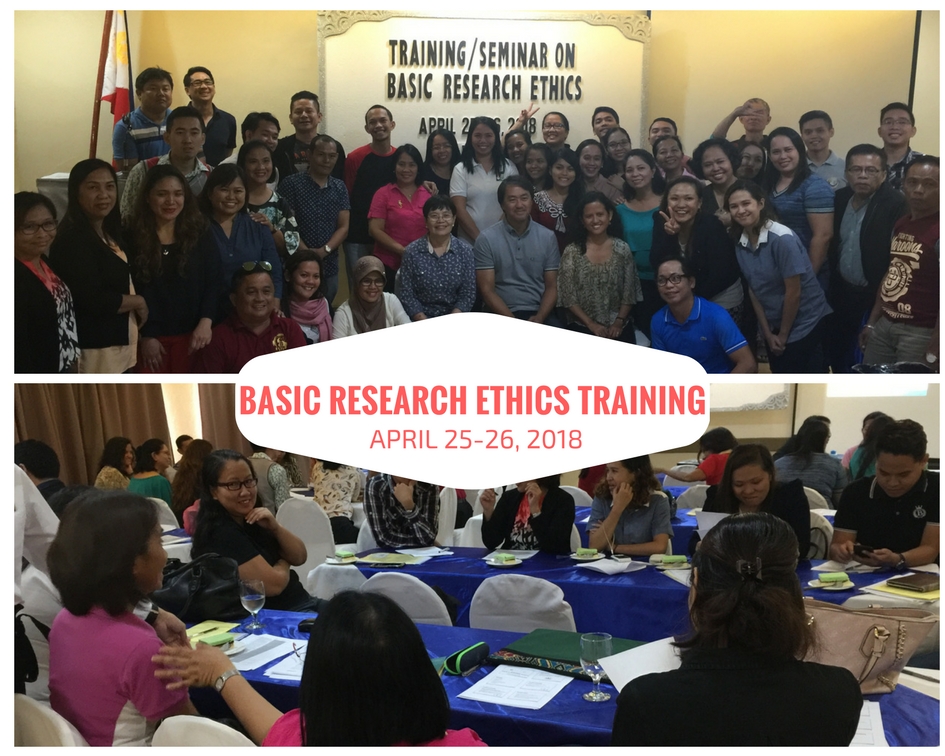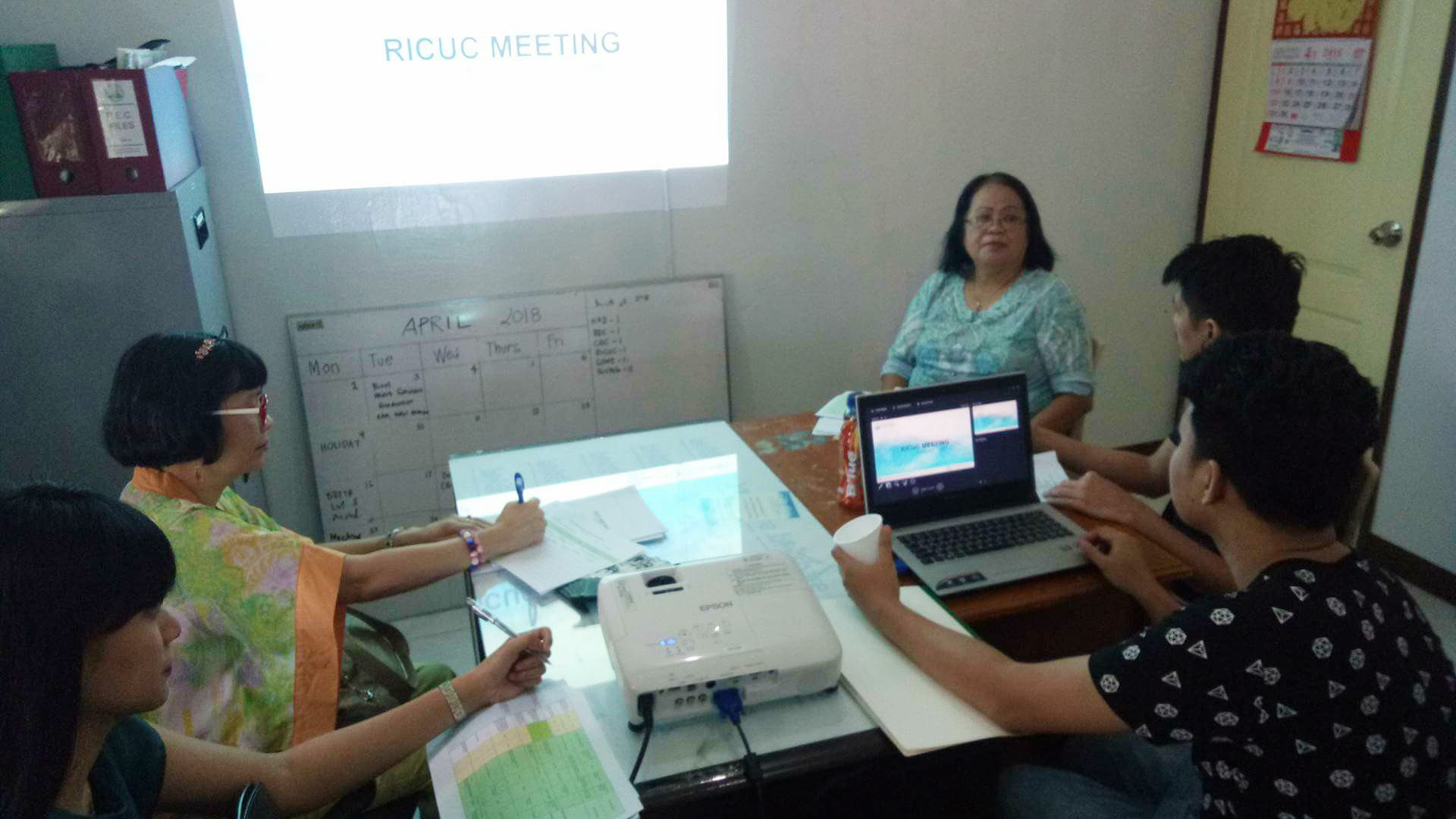Project proposals are aligned with the Regional Unified Health Research Agenda (RUHRA) and National Unified Health Research Agenda (NUHRA).
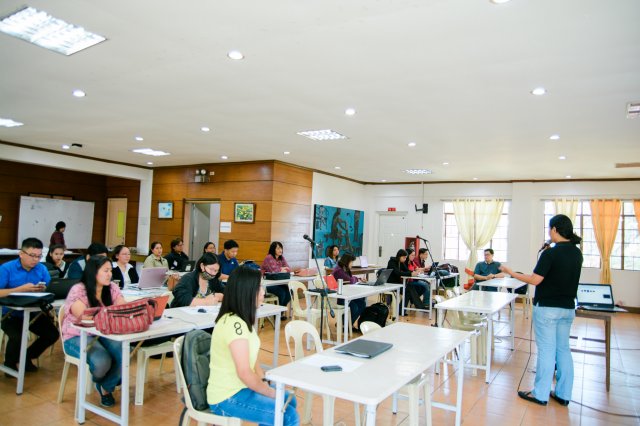
“We are encouraging our health researchers to identify and make their projects relevant and addressed to the needs of the region”, Regional Coordinator Erlinda Palaganas said in her short message during the opening of the training.
The writeshop highlighted hands-on training and the essence of mentoring in the process. The activity aimed to help health researchers refine their research proposals and enhance the overall quality of their work by accessing timely advice and feedback from some of consortium’s top researchers.
As a result, 12 detailed research proposals are continuously being developed by the researchers in consultation with the designated mentors. Post-writeshop assistance will also be facilitated by the mentors for the participants to refine their work.
The writeshop series was held at the El Cielito Inn, North Drive, Baguio City on April 16-17, 2018 (Phase 1) and at the Sarmiento Hall, UP Baguio on May 10-11, 2018 (Phase 2).

